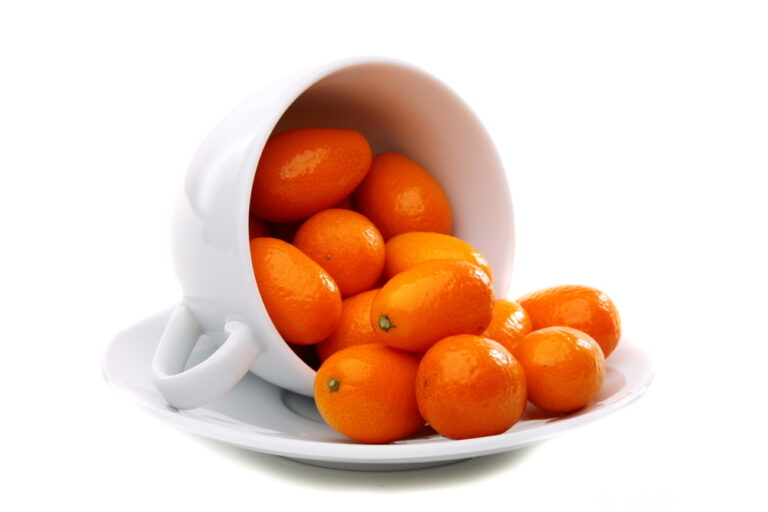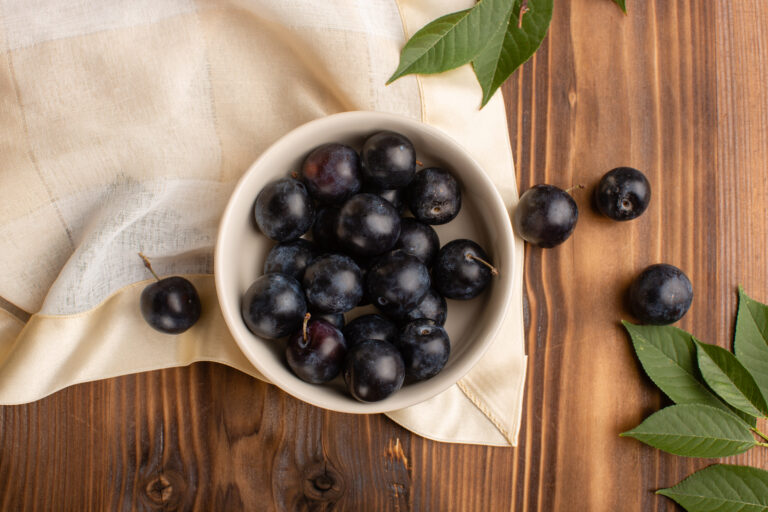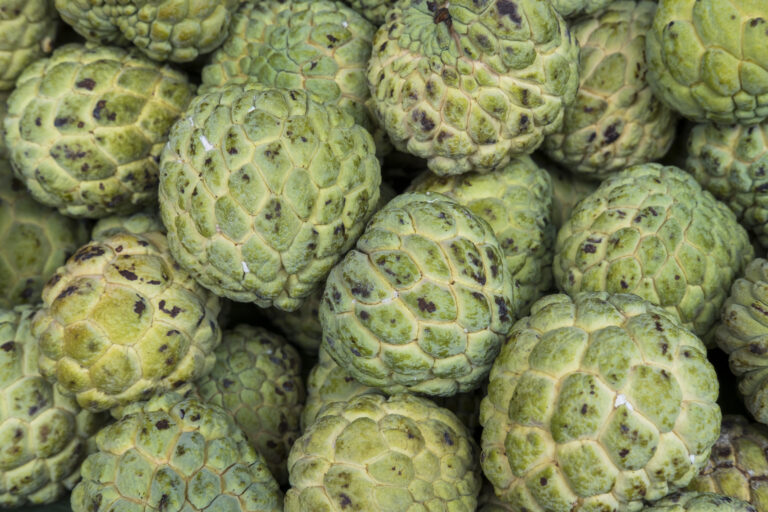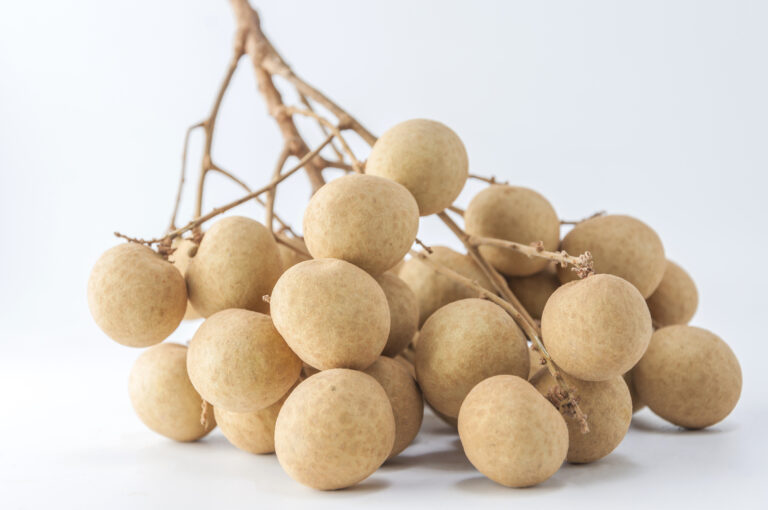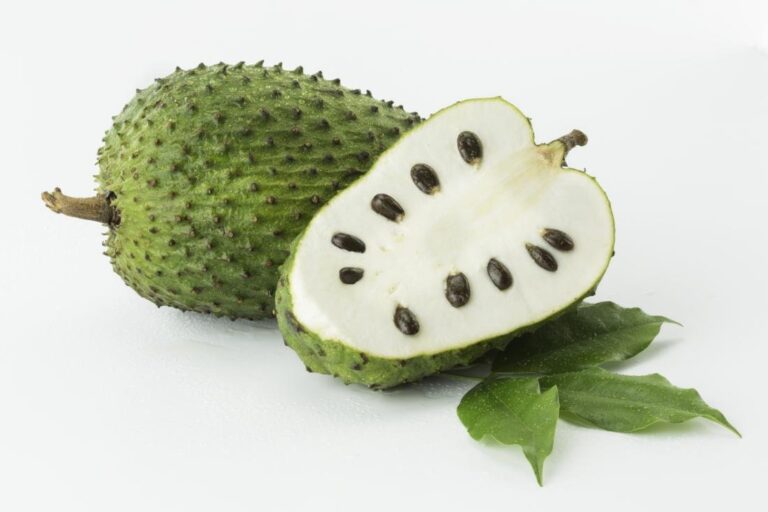The Specific Carbohydrate Diet (SCD) is a dietary regimen designed to manage certain digestive disorders, particularly inflammatory bowel diseases (IBD) such as Crohn’s disease, ulcerative colitis, and celiac disease. It was initially developed by Dr. Sidney V. Haas and later popularized by biochemist Elaine Gottschall in her book “Breaking the Vicious Cycle.” It was developed by Dr. Sidney Haas, a pediatrician, in the 1920s as a treatment for celiac disease.
The fundamental principle of Specific Carbohydrate Diet (SCD) is to restrict the consumption of complex carbohydrates that are thought to be poorly absorbed in the small intestine. These carbohydrates may serve as a substrate for harmful bacteria, leading to an overgrowth that contributes to inflammation and other symptoms associated with digestive disorders.
In the realm of dietary strategies, the Specific Carbohydrate Diet (SCD) stands out as a formidable ally for those seeking optimal health and well-being. Crafted with precision, this diet has gained significant attention for its potential benefits in addressing various health conditions. Let’s delve into the intricacies of the Specific Carbohydrate Diet (SCD) and understand how it can be a game-changer for anyone looking to transform their health.
Benefits of Embracing the Specific Carbohydrate Diet
Digestive Harmony
One of the primary benefits of adopting the SCD is the restoration of digestive harmony. By eliminating problematic carbohydrates, individuals may experience reduced inflammation, bloating, and discomfort, leading to an improved overall digestive experience.
Enhanced Nutrient Absorption
The Specific Carbohydrate Diet (SCD) emphasizes the consumption of nutrient-dense foods, promoting optimal nutrient absorption. This not only supports overall health but can also be instrumental in addressing nutritional deficiencies that may contribute to various health conditions.
Managing Inflammatory Conditions
Scientific studies suggest that Specific Carbohydrate Diet (SCD) may play a pivotal role in managing inflammatory conditions such as Crohn’s disease and ulcerative colitis. The diet’s anti-inflammatory nature can contribute to alleviating symptoms and enhancing the quality of life for individuals dealing with these challenges.
Foods Allowed
Here are the list of foods that are not allowed during specific carbohydrate diet (SCD).

Proteins
- Lean Meats: Opt for high-quality, lean protein sources such as chicken, turkey, and fish. These proteins are essential for muscle maintenance and overall health without introducing unwanted carbohydrates.
- Eggs: A versatile and protein-rich option, eggs are a staple in the SCD. Whether scrambled, boiled, or incorporated into various recipes, they provide essential nutrients without compromising dietary restrictions.
- Shellfish: Seafood lovers can rejoice, as most shellfish, including shrimp, crab, and lobster, align with the SCD guidelines. These options offer a rich source of protein, omega-3 fatty acids, and other essential nutrients.
Vegetables
- Non-Starchy Vegetables: Load up on non-starchy vegetables like spinach, kale, broccoli, zucchini, and cauliflower. These fiber-rich options contribute to a well-rounded diet while steering clear of complex carbohydrates.
- Carrots: While some root vegetables are restricted on the SCD, carrots when cooked until tender, are deemed acceptable.
Fruits
- Ripe Bananas: Unlike their unripe counterparts, ripe bananas are allowed on the SCD. They provide a natural sweetness and can be a satisfying snack or a delightful addition to SCD-compliant desserts.
- Apples: Certain varieties of apples, particularly peeled and cooked, make the cut for the SCD. Incorporate them into recipes or enjoy them as a standalone treat.
Fats and Oils
- Olive Oil: Rich in monounsaturated fats, olive oil is a preferred choice for cooking and dressing salads on the SCD. Its anti-inflammatory properties align with the diet’s overarching principles.
- Coconut Oil: With its unique combination of fatty acids, coconut oil is a valuable addition to the SCD-approved fats. It also adds a delightful flavor to a variety of dishes.
Dairy
- Homemade Yogurt: SCD enthusiasts often make their own yogurt using specific strains of bacteria to ferment lactose. This homemade option provides probiotics and a creamy texture without the drawbacks of commercial varieties.
- Aged Cheese: Certain aged cheeses, such as cheddar and Swiss, are permitted on the SCD. However, moderation is key, as excessive consumption may pose challenges for some individuals.
Nuts And Seeds
- Almond Flour: A versatile alternative to traditional flours, almond flour is a staple in SCD baking. It imparts a nutty flavor and a delightful texture to various recipes.
- Pecans and Walnuts: These nuts, when consumed in moderation, are excellent sources of healthy fats and can be enjoyed as snacks or incorporated into SCD-friendly dishes.
Sweeteners
- Honey: As a natural sweetener, honey is a permissible indulgence on the SCD. Its distinct flavor can enhance the taste of desserts and beverages without compromising dietary restrictions.
- Maple Syrup: In moderation, pure maple syrup is an acceptable sweetener for SCD enthusiasts. Be mindful of portion sizes to maintain the diet’s integrity.
Navigating the world of SCD-approved foods offers a diverse array of choices that not only adhere to the diet’s guidelines but also contribute to your overall well-being.
Foods Not Allowed
Here are the list of foods that are not allowed during specific carbohydrate diet.
Grains and Cereals
- Wheat: A major source of gluten, wheat is strictly prohibited on the SCD. This includes all products derived from wheat, such as bread, pasta, and cereals.
- Barley and Rye: These grains, similar to wheat, contain gluten and are to be avoided to maintain the integrity of the SCD.
- Oats: While oats themselves may not contain gluten, they often face contamination during processing. Hence, they are excluded from the SCD.
Starchy Vegetables
- Potatoes: High in starch, potatoes are excluded from the SCD due to their potential to disrupt digestive harmony.
- Sweet Potatoes: Despite their nutritional value, sweet potatoes contain complex carbohydrates that are restricted on the SCD.
Legumes
- Beans: All types of beans, including kidney beans, black beans, and lentils, are off-limits on the SCD due to their complex carbohydrate content.
- Soy Products: Soybeans and soy-based products, known for their complex protein structure, are excluded to prevent potential digestive issues.
Processed Sugar And Sweeteners
- White Sugar: Highly refined white sugar is a definite no-go on the SCD. Its inflammatory properties can hinder the diet’s intended benefits.
- Artificial Sweeteners: Synthetic sweeteners, often found in diet products, are best avoided due to their potential impact on gut health.
Dairy Products
- Milk: Regular cow’s milk is excluded from the SCD due to its lactose content. However, some SCD adherents may tolerate lactose-free alternatives.
- Processed Cheese: Cheese products with added preservatives and fillers are not recommended on the SCD. Opt for natural, aged cheeses in moderation.
Processed and Packaged Foods
- Processed Meats: Deli meats and processed meats often contain additives and preservatives that can disrupt the delicate balance sought by the SCD.
- Canned Soups: Many canned soups contain hidden ingredients that may not align with the SCD. Homemade alternatives are preferable for those on this dietary journey.
Miscellaneous
- Alcohol: Most alcoholic beverages, especially those high in sugars and additives, are not permitted on the SCD.
- Food Additives: Artificial colorings, flavorings, and preservatives commonly found in processed foods should be avoided to minimize potential triggers for digestive issues.
By steering clear of these restricted foods, individuals can maximize the effectiveness of the Specific Carbohydrate Diet in promoting gut health.
I hope you got the answer to your query (Specific Carbohydrate Diet). Also Check out 1500 Calorie Meal Plan.
In conclusion, the Specific Carbohydrate Diet stands as a beacon of hope for those seeking a holistic approach to health and wellness. By understanding the intricacies of this therapeutic diet, individuals can embark on a transformative journey towards improved digestive health, enhanced nutrient absorption, and overall well-being.



